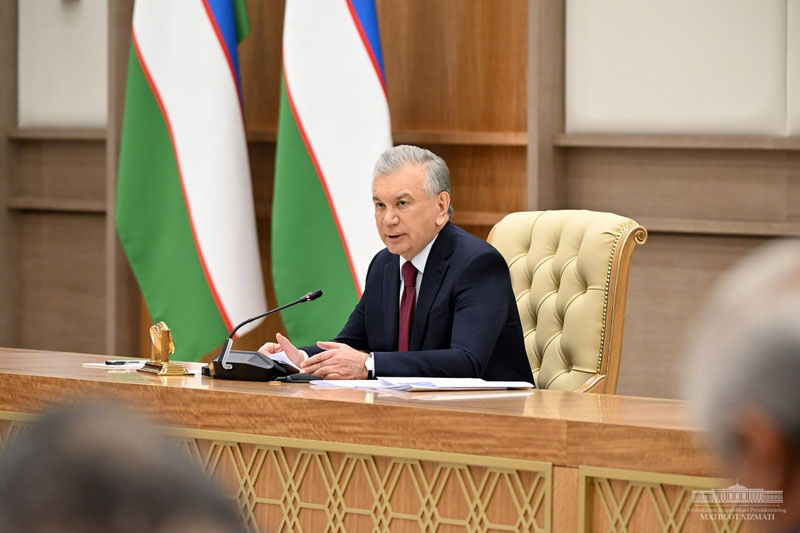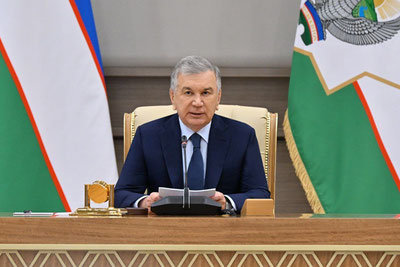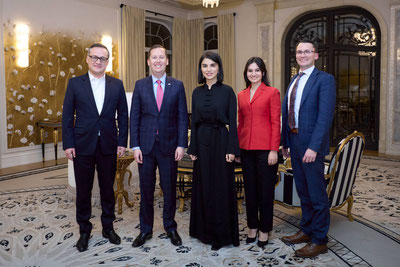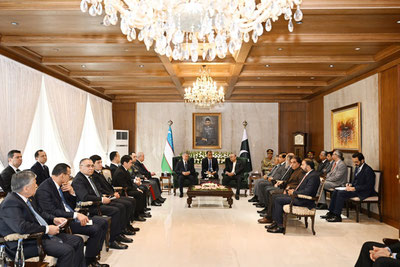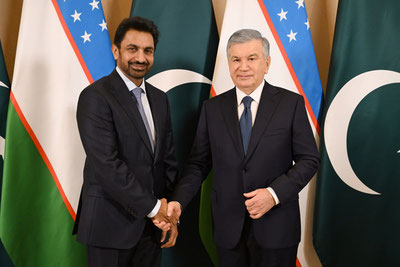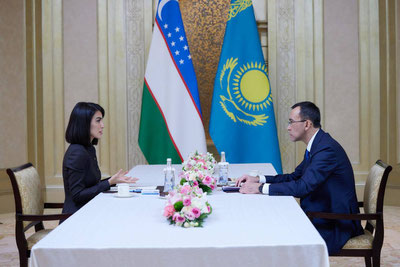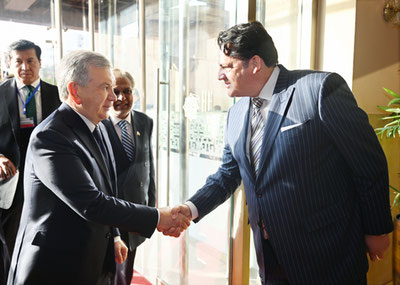In the videoconference meeting chaired by the President, it was emphasized that results can only be achieved if district governors and sector leaders enter the homes of poor families to see the conditions with their own eyes it was emphasized.
“No matter how much help we provide or improve the conditions of neighborhoods, poverty will not decrease,” said the president.
Therefore, next year, $1.6 billion from all sources will be allocated for the development of neighborhood infrastructure. Of these funds, 1.2 trillion UZS will primarily be used to install water pumps and solar panels in the 300 most difficult neighborhoods. Another 2 trillion UZS will solve electricity, road, internet, and other infrastructure issues in the 500 most difficult neighborhoods.
To implement these tasks, 250 leaders consisting of ministers, deputies, and advisors, and department heads will be assigned to the 1,000 most challenging neighborhoods. Additionally, each of the 2,000 leaders in the region and 12,000 leaders in the district will be assigned 5 of the most difficult families.
Currently, there are about 9,200 entrepreneurs across the republic who have created at least 50 jobs each. Inspired by a recent open dialogue with the President, they have expressed their readiness to employ 500,000 people who are willing and able. For example, an entrepreneur in the Balikchi district is initiating employment for 520 poor people based on the Chinese experience by implementing a cooperation system.
If the entrepreneur is granted a loan, they plan to open one enterprise in every district of the region, incorporate 30 needy family members as stakeholders, and pay them salaries up to 4-5 million UZS. In this case, employing only needy people will be the primary condition of the loan.
